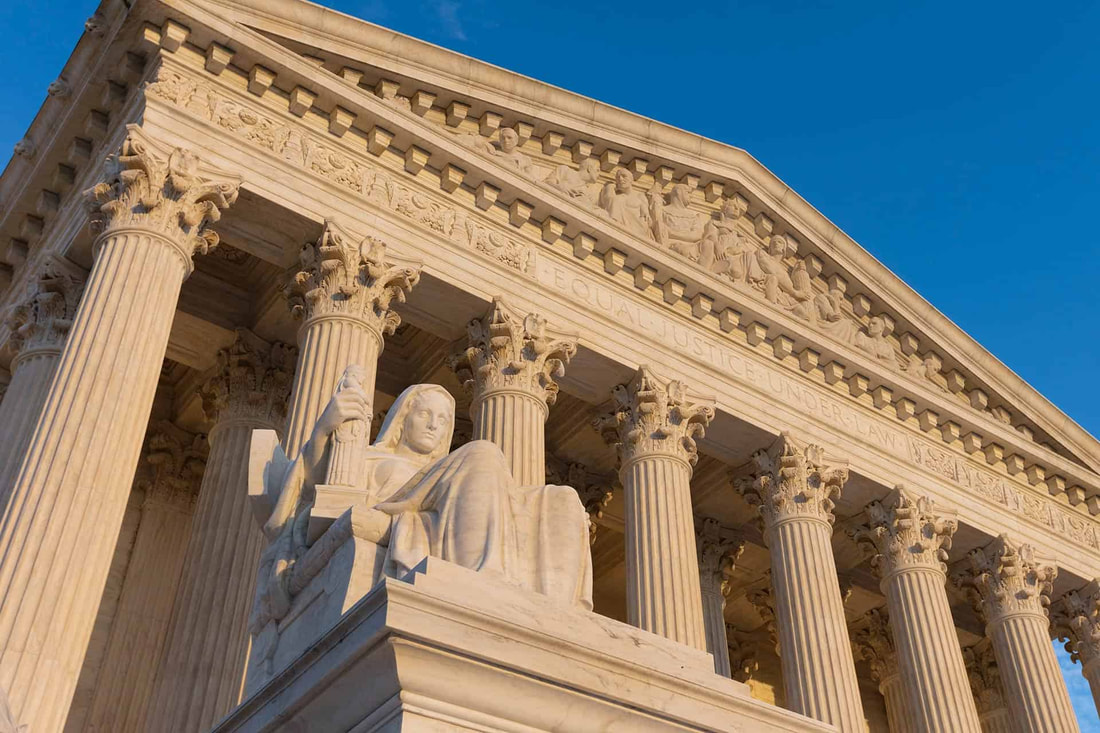Earlier when I wrote how absurd Spotify’s complaint was, I over-simplified the situation for clarity’s sake. I compared Apple to Walmart and Android to an open farmer’s market. That’s because, to me, Apple’s app store belongs more to Apple than it does to the developers. The Supreme Court apparently agrees with me.
Technically, there is a difference. Walmart purchases their merchandise from their vendors. Once Walmart takes delivery of their inventory, the vendors couldn’t care less what Walmart does with it. The vendors are going to get paid even if Walmart sets all that merchandise on fire.
I compared Apple to Walmart in my earlier post because in spirit, the app store is more like their proprietary store front. Apple controls everything about it. SCOTUS’s recent decision emphasizes that my over-simplification was directionally correct and reasonable.
Now, having said that, I also believe that Apple’s case is no less weaker. In fact, it may be stronger now. If the Supreme Court views the App Store as their proprietary store front, my case becomes more compelling. That means an outside party like Spotify has an even weaker standing.
Now that the Supreme Court has declared that the App Store is tantamount to Apple’s store front, an outside party has even less claim to bypass Apple’s standard charges. The case will go forward and Spotify is guaranteed to lose.



 RSS Feed
RSS Feed